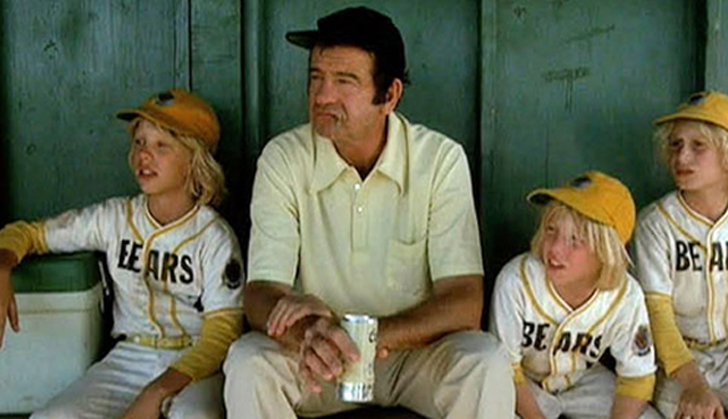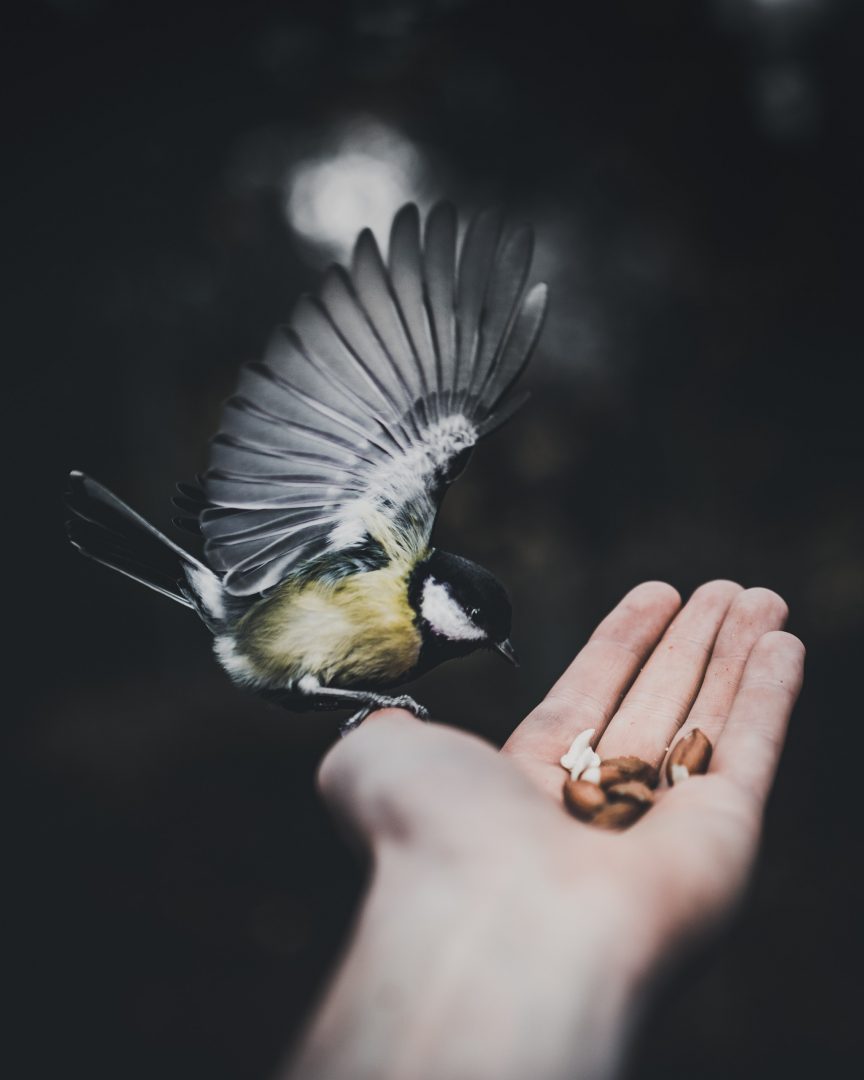That cute little superhero dog, The Bad News Bears, and some pretty powerful neuroscience are all conspiring against you.
As an unassuming dog and unlikely hero, Underdog battled the evil Simon Bar Sinister and other villains throughout 60 cartoon episodes in the 1960’s. Truth be told, though, with his super-canine abilities and the predictable “good triumphs over evil” outcome, he wasn’t much of an underdog after all.

The Bad News Bears, however, were the epitome of cinematic underdogs. Led by Coach Buttermaker while drinking endless cans of beer and rarely moving from his lawn chair, the Bears were destined to be last-place losers. But after recruiting ace pitcher Amanda and the toughest neighborhood kid (and best player) around, Kelly, the Bears were able to rise above the endless dysfunction and defeat the dreaded Yankees in the championship game. The greatest underdog story that ever was! Unfortunately…
The Numbers Don’t Lie
We all love those heartfelt underdog stories, which makes the plain truth that much harder to accept—underdogs rarely win. To understand the numbers behind this, I offer you Phil Steele. For over two decades, Phil Steele has written Phil Steele’s College Football Preview. It is the “Bible of College Football” by the oddsmakers and prognosticators of the sport. Experts regard Phil as the most accurate and consistent predictor of success and failure in the world of college football. When Phil talks about winners and losers, people listen.
In July 2015, Phil wrote a blog post asking the simple question, “How Often do Underdogs Win Outright?” He wanted to see how often the unfavored college football team actually won the game outright (without any points from the spread.) Phil dug into the data from 1997 to 2014—all 12,860 college football games played during that time. He found that the unfavored team won only 24% of the time. If you dig deeper into the numbers and look at teams that were expected to lose by more than 14 points—the real underdogs—their chances dropped below 15%. Everybody expected them to get creamed, and they did.
In sports—and in business—the underdog rarely prevails. Yet, with all of the really smart people in business out there, why do we all believe in, root for, and often like to be the underdog? Why do companies expend vast amounts of time and resources on long-shots while subjecting themselves to the tortuous, rollercoaster ride of emotions associated with deals that they aren’t likely to win? Well, as it turns out…
It’s the Science
Yes, there are completely rational, scientific reasons why we humans behave so irrationally. There is a mountain of research and published articles, much of it linked in this well-researched Vox article, that delves into the psychology, biology, neuroscience, and behavior relating to the underdog, and it is all fascinating stuff. A few highlights…
“The Underdog Effect” was published in the Journal of Applied Psychology in 2008. The research was a combination of four studies. In one study, participants were shown images of different shapes and, when told that some shapes were struggling and some shapes were not struggling, they rooted for the underdog “struggling” shapes. The people in the study related to the shapes and seemed to “humanize” and show empathy for the struggling shapes. We’re not even talking about the cute little runt of the puppy litter… just a bunch of triangles and squares!
An eye-opening study that reinforces other research finds that people (or sports teams, or businesses) who expect to win feel pretty good about the victory. Those that do not expect to win (our underdogs) are elated when they win. One would expect the teams to be equally happy with their victory, but, as we’ve all seen and maybe experienced, this isn’t how it plays out. Cue Rocky’s theme!
There are other studies that reveal different, but related, causal effects. The Lure of the Unknown finds a connection between increased dopamine activity and novel, or new, images or experiences. Familiarity just isn’t as exciting as the new, shiny, unknown thing.

Why do we always cheer for the underdog? Think about your favorite underdog story. Chances are, you want to see David beat out Goliath.
In this episode, John and Mark break down “the underdog effect” and how it can cause you to chase after projects you have only a slim chance to win, wasting valuable time that could be better spent elsewhere.
Why do we always cheer for the underdog? Think about your favorite underdog story. Chances are, you want to see David beat out Goliath.
Well, the same thing that gets you to root for Rudy or the Bad News Bears is the same thing that's killing your firm…
In this episode, John and Mark break down ”the underdog effect” and how it can cause you to chase after projects you have only a slim chance to win, wasting valuable time that could be better spent elsewhere.
This episode originated as an article by Mark. Check it out on his website:
https://www.wainwrightinsight.com/the-underdog-effect-is-killing-your-business/
Connect with Mark on LinkedIn: https://www.linkedin.com/in/markhwainwright/
Connect with John on LinkedIn: https://www.linkedin.com/in/johntyreman/

The Underdog and Your Business
I’ve walked you down memory lane through some great underdog stories, but we’ve also looked at the cold, hard facts. The numbers don’t lie and the science is sound. Underdogs don’t win most of the time, but your brain plays tricks on you, convincing your underdog team to give it one more shot.
Time and time again, your company is radically and irrationally over-investing in long-shots while underinvesting and forsaking existing relationships right in front of you. And you do this knowing that winning new business from existing clients who trust you and like you is less expensive, faster, more profitable, and more likely. Yes, the underdog effect is killing your business.
So what to do?

How can you just walk away from that new business opportunity? How do you ignore all those crazy brain chemicals spurring you onward to defeat? Simply put, take that one bird in the hand and forget the two (long-shots) in the bush. And then do all of these things:
- Go talk to your customers.
- Ask them how they are doing.
- Ask them how satisfied they are with the project you completed with them, and then ask how you can do better.
- Learn everything you can about their business and their customers.
- Double the time and energy you invest in them.
- Become their trusted advisor.
- Develop deep, meaningful relationships with them. Care about them.
- Make working for a referral an important part of your growth strategy.
- Instead of Delivering a Service, focus on Keeping a Client.
Chasing the long-shot opportunity as the unknown underdog has been killing your business for years. You’ve wasted countless hours and lost important customers, and it’s high time you owned up to that. Forget the romantic, underdog fable and call your customer. Understand that your brain is playing tricks on you, so take time to go have lunch with your client instead. And then go watch one of these wonderful underdog movies with them.
Wainwright Insight provides part-time sales consulting and guidance to salespeople who don’t sell all the time, which is just about everybody. I work with professional services firms and non-profits, both of whom can get better at closing big deals and winning big gifts. And I don’t get fooled by The Underdog Effect.